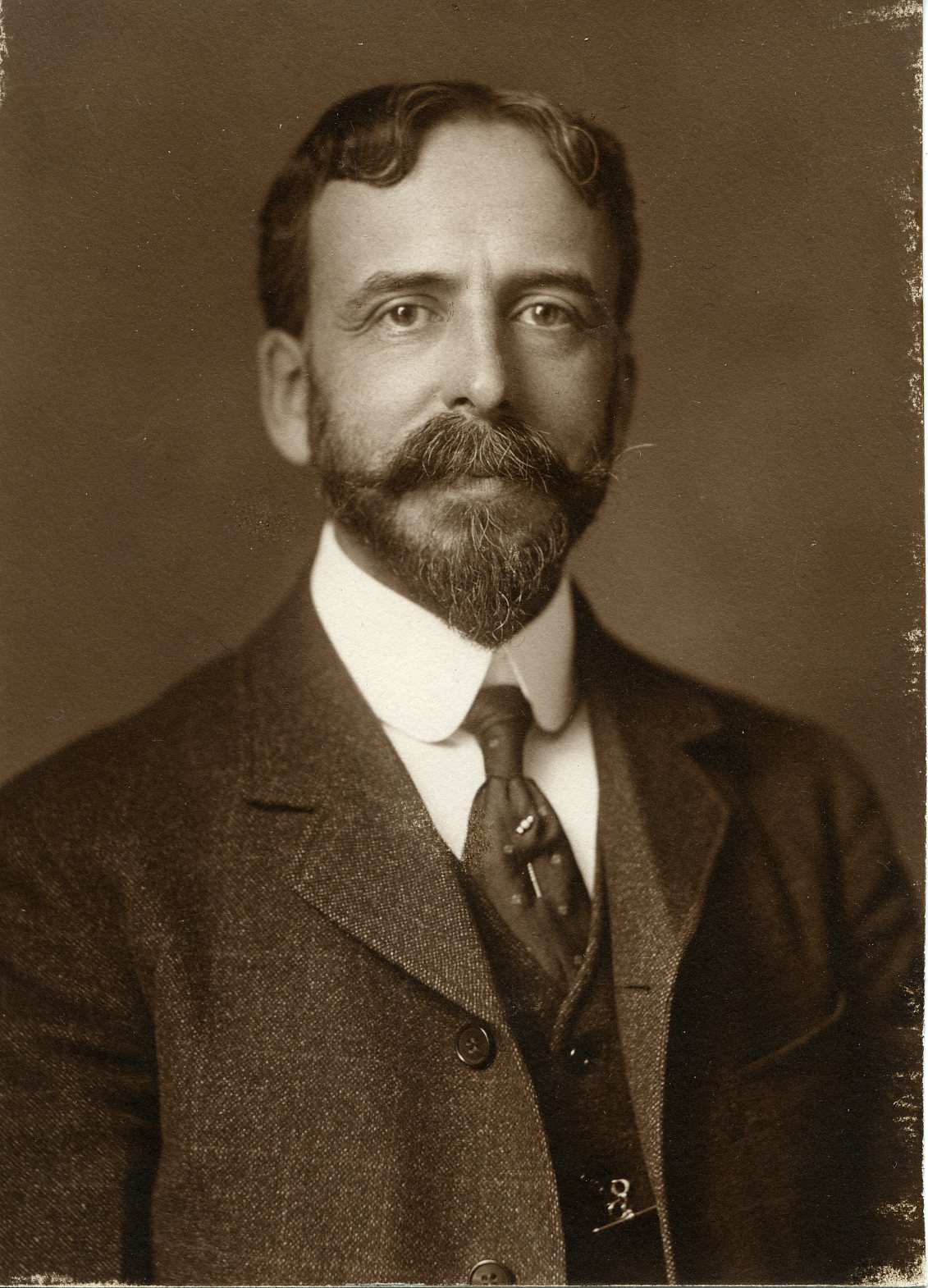Member Directory,
1847 - 1922
Arthur Hunter
Actuary
Centurion, 1904–1964
William T. Booth and S. Oakley Van der Poel Jr.
Edinburgh, Scotland
Montclair, New Jersey
Age thirty-four

Archivist’s Notes
He resigned in 1912 and was reinstated in June 1928 with a new set of proposers, Lawrence F. Abbott and Frederick M. Corse.
Century Memorial
At the age of ninety, Arthur Hunter said to a fellow golfer, “It is the companionship on the golf links which fascinates me. I only play nine holes and can still negotiate the distance if I take plenty of time and don’t walk too fast.” But Dr. Hunter was ninety-four before his name was “pegged out” on The Century Board, and he became one of our immortals. During his long and fruitful career, he might be said to have been in the “profession” rather than the “business” of life insurance. As an actuary, his work was largely with physicians and men engaged in medical research. The more than fifty papers of which he was the author are mostly on medical subjects as was the book he edited, Alcohol and Man, which is now accepted as a standard textbook.
Arthur Hunter was born in Edinburgh in 1869 and educated at Edinburgh’s celebrated George Watson’s College. The curriculum of this school inspired several of its boys with a desire to make actuarial work their life’s vocation. A number of them came, as Hunter did, to the United States to practice their profession. Hunter joined the New York Life Insurance Company in 1898 as chief of the Mathematical Division, from which he advanced to Assistant Actuary, Actuary, and finally Chief Actuary of the company, an office he attained after twenty years of service. He was also the company’s vice-president.
Dr. Hunter made many useful contributions to insurance and actuarial societies in the United States and overseas. One of the most important was a study made in collaboration with the late Oscar Rogers, the New York Life’s chief medical director, which made it possible to insure so-called “substandard risks,” who had previously been denied the benefits of life insurance.
During the First World War, Dr. Hunter was chief actuarial adviser to the United States government. After the war, he was made a Chevalier of the Legion of Honor and in 1927 was awarded the honorary degree of LL.D. by Edinburgh University.
He was a Centurion for sixty years—a senior member.
Roger Burlingame
1965 Century Association Yearbook



